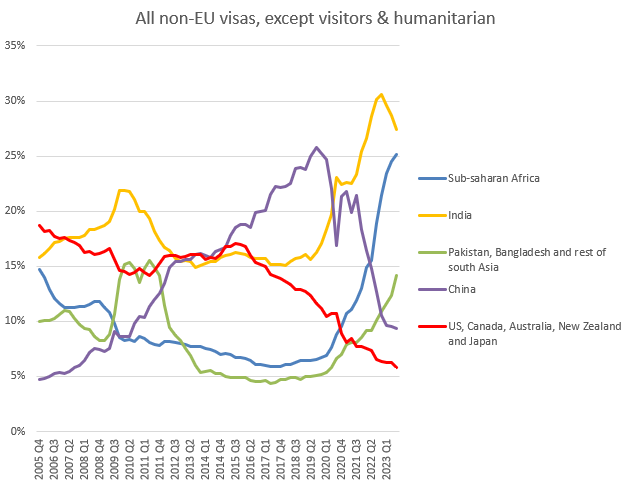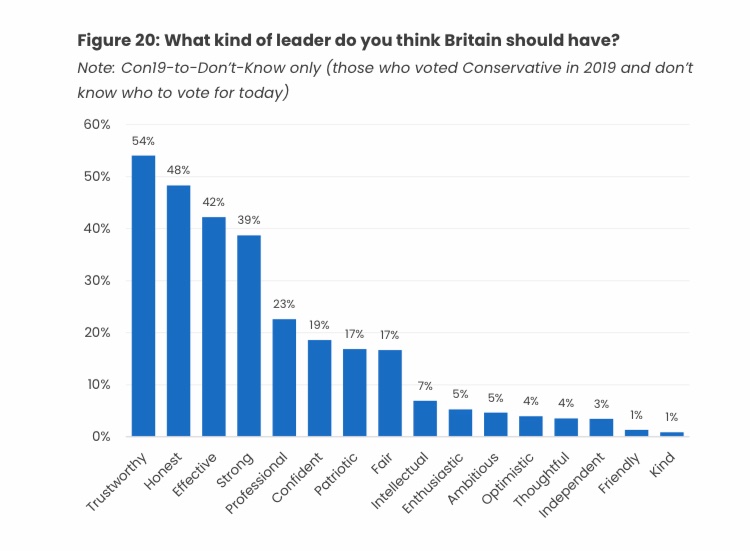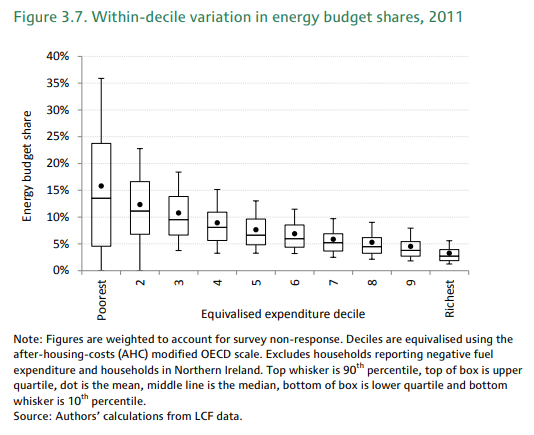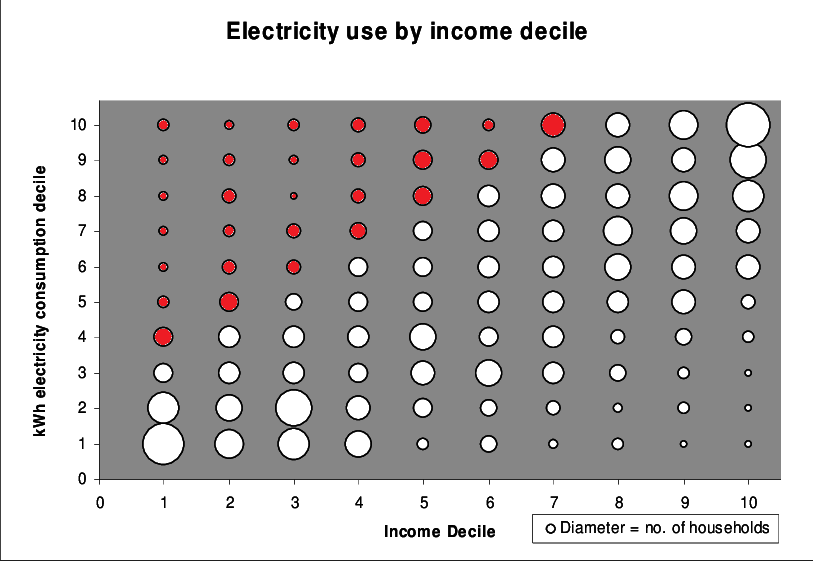I have a new piece up, based on information I've obtained from Freedom of Information requests to HMRC.
1) New data on migrants earnings suggests the median earnings of non-EU migrants under the new system is much lower than previous migrants. The 2 biggest groups are below:
1) New data on migrants earnings suggests the median earnings of non-EU migrants under the new system is much lower than previous migrants. The 2 biggest groups are below:

2) The new system made the system more restrictive for EU nationals but much less selective for non-EU nationals. The result has been record immigraiton overall. The number of employments of EU nationals has declined & the number for non-EU nationals has increased: 

3) Earnings for EU nationals increased relatively, but less selectivity means earnings for non-EU nationals have decreased relative to the UK average. Given most previous migrants are still here in the data, this suggests the earnings of *new* non-EU migrants are *much* lower 
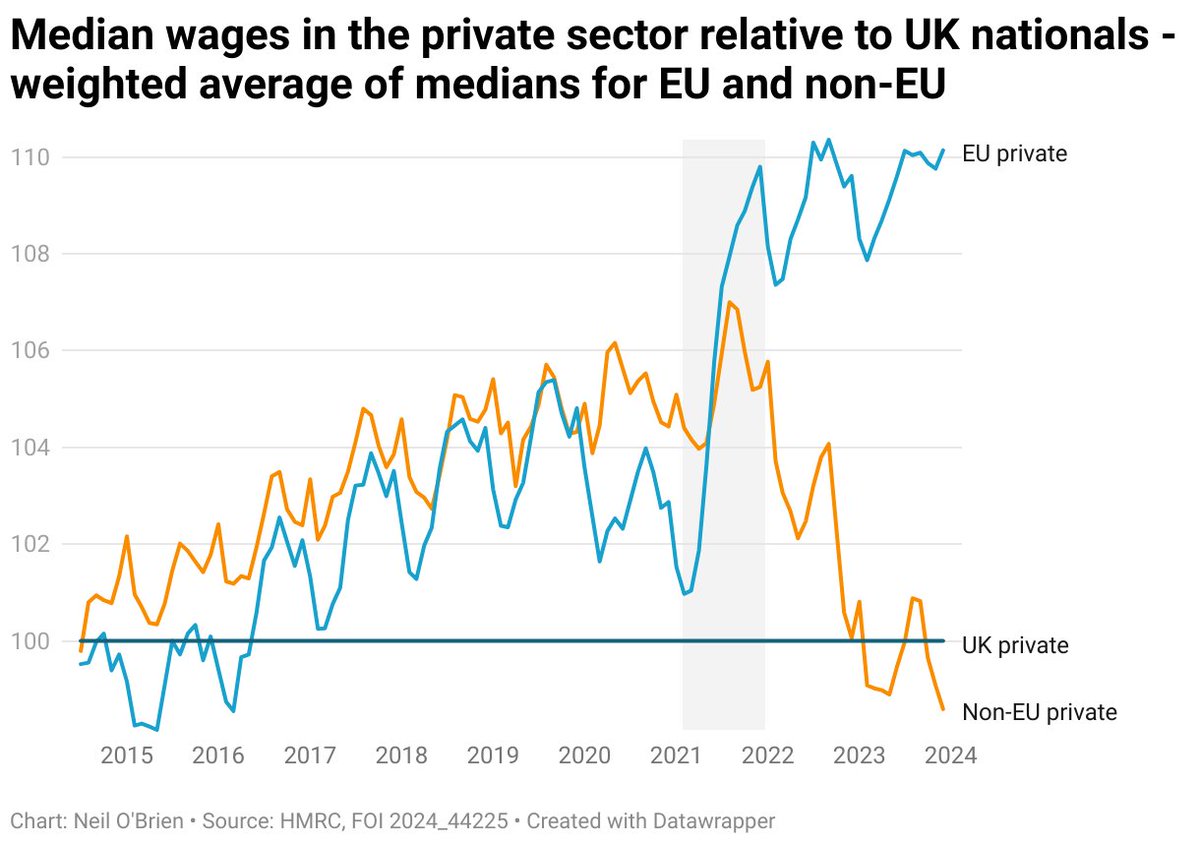
The new system starts less selective towards non-EU migrants. The post-study work visa and social care visa then further reduced selectivity, & less selective routes for adult dependents of people on work & study main visas have also been much more heavily used in recent years.
The numbers of employments are also interesting. From Dec 19 to Dec 23 there were:
1.481 million more employments
1.465 million more accounted for by people from outside the EU
257,000 more employments for UK nationals…
…offset by 242,000 fewer employments for EU nationals
1.481 million more employments
1.465 million more accounted for by people from outside the EU
257,000 more employments for UK nationals…
…offset by 242,000 fewer employments for EU nationals
Within that non-EU total, the biggest growth in employments in absolute terms were nationals of India (+488,000), Nigeria (+279,000), Pakistan (+101,000), and Ghana (+55,000). Given there's no net migration data by country yet, this provides clues as to what it will look like.
*Private sector* employments for UK nationals were slightly down (29,000) over the period Dec 19 - Dec 23, so *all* the growth in private sector employments came from a 1.2 million increase in employments for non-EU nationals. (Self employed peope are not in this data.)
Given the unavoidable costs in terms of capital dilution, public services, housing and infrastructure pressures, we need to select for migrants who are significantly higher-earning than existing residents in order to improve the net impact on the existing population.
Rebooting the system to be more selective and shift the balance towards higher skilled / higher earning migrants and groups with higher employment rates could provide a boost to the public finances and the economy more generally.
• • •
Missing some Tweet in this thread? You can try to
force a refresh



